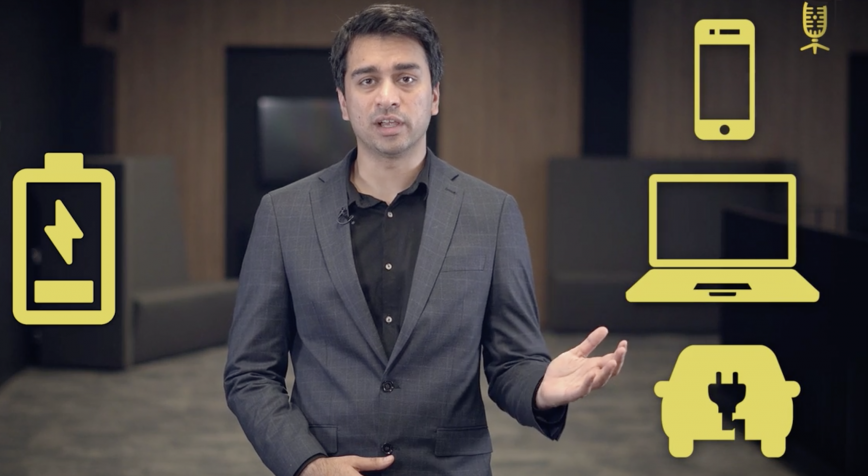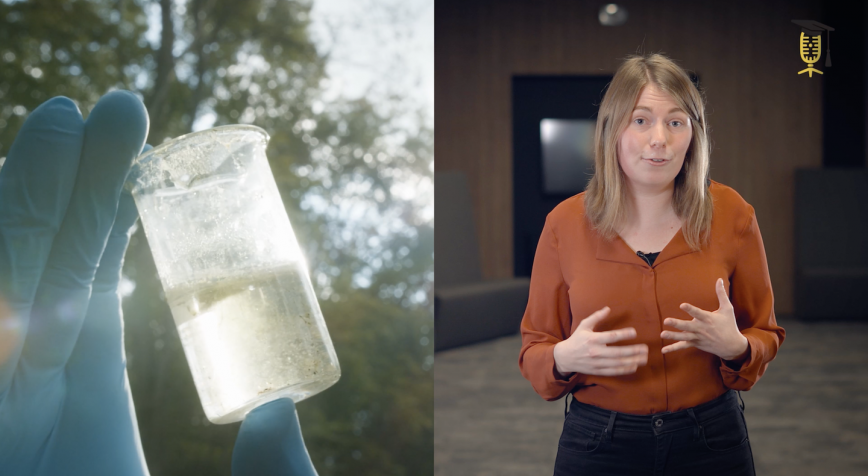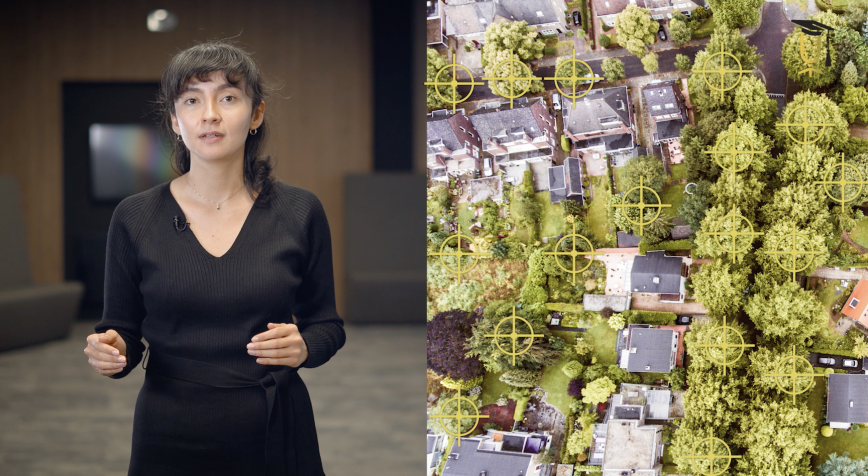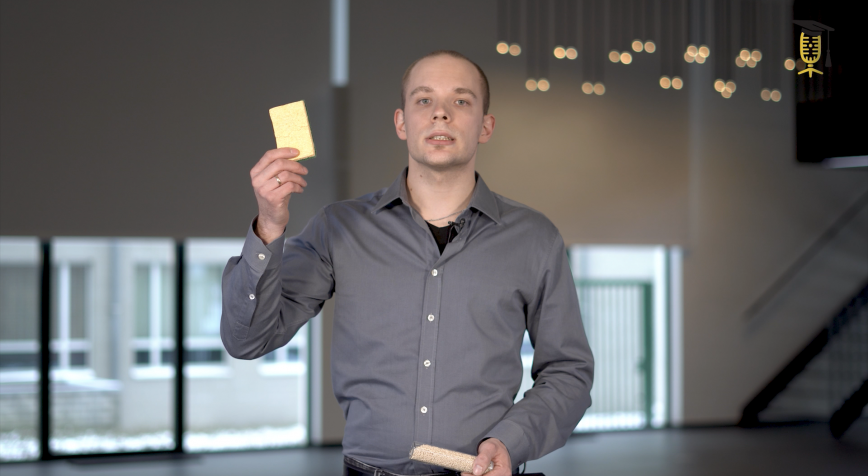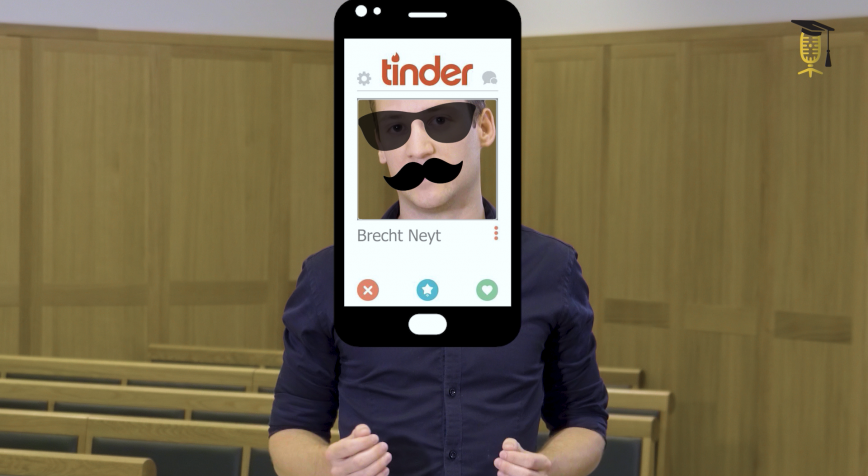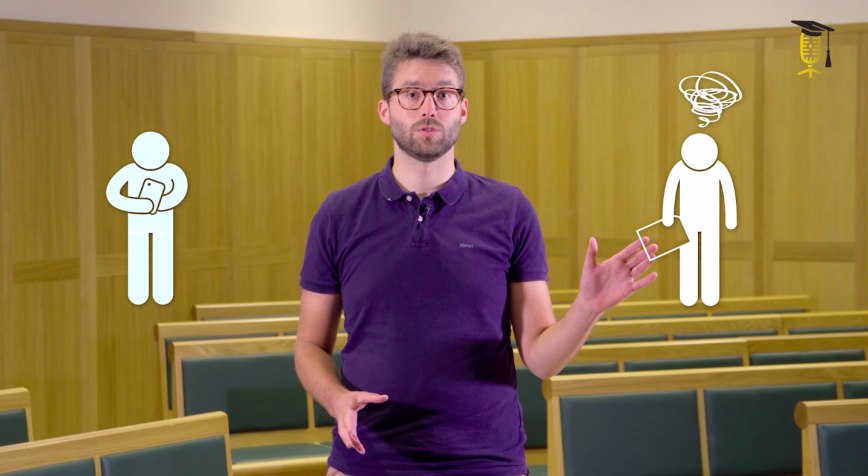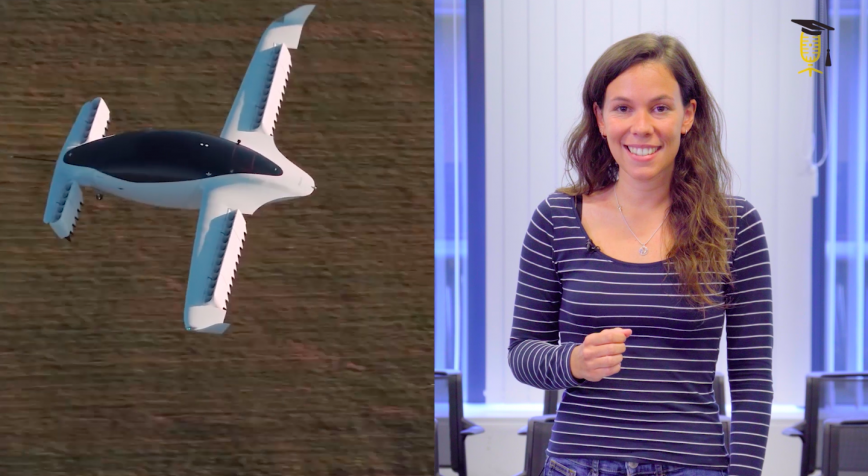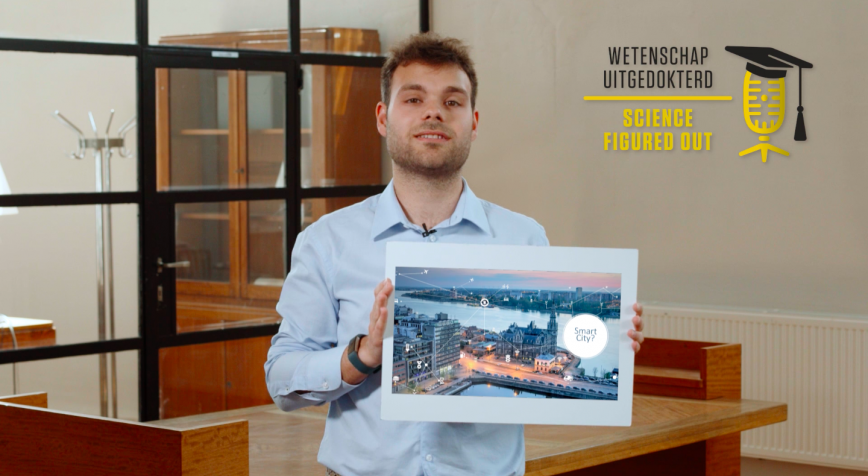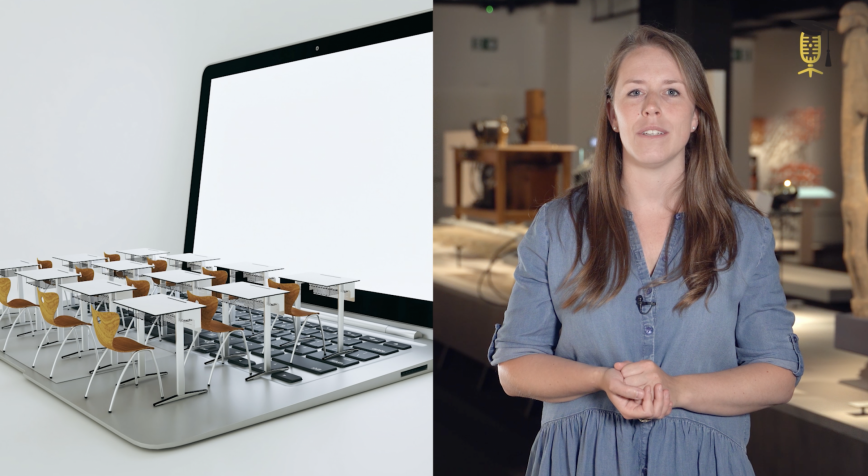
UGent
How to teach online interactively?
The corona pandemic suddenly forced teachers to make a shift from offline to online teaching. Keeping students engaged is already challenging in the classroom, let alone in an online context. How can a teacher do well online? Maaike Grammens and her colleagues investigated this by screening over 3,000 scientific articles on online teaching.
